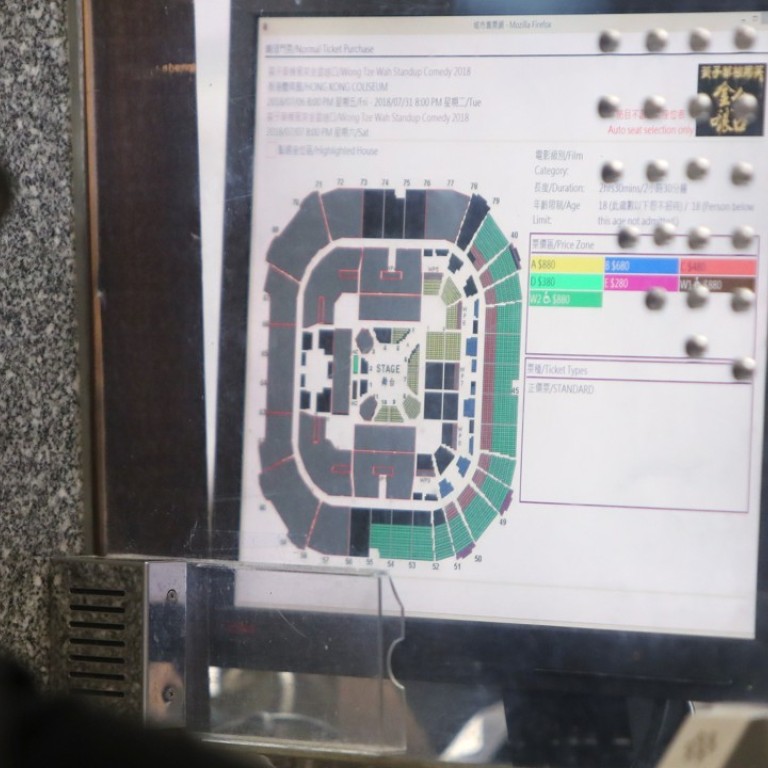
Buying concert tickets in Hong Kong – an exercise fraught with competition and danger
City has rampant scalping problem, with authorities considering stricter penalties and new systems involving ID registration
Police investigations found that one of the four men had masterminded the attack as part of his ticket scalping plan.
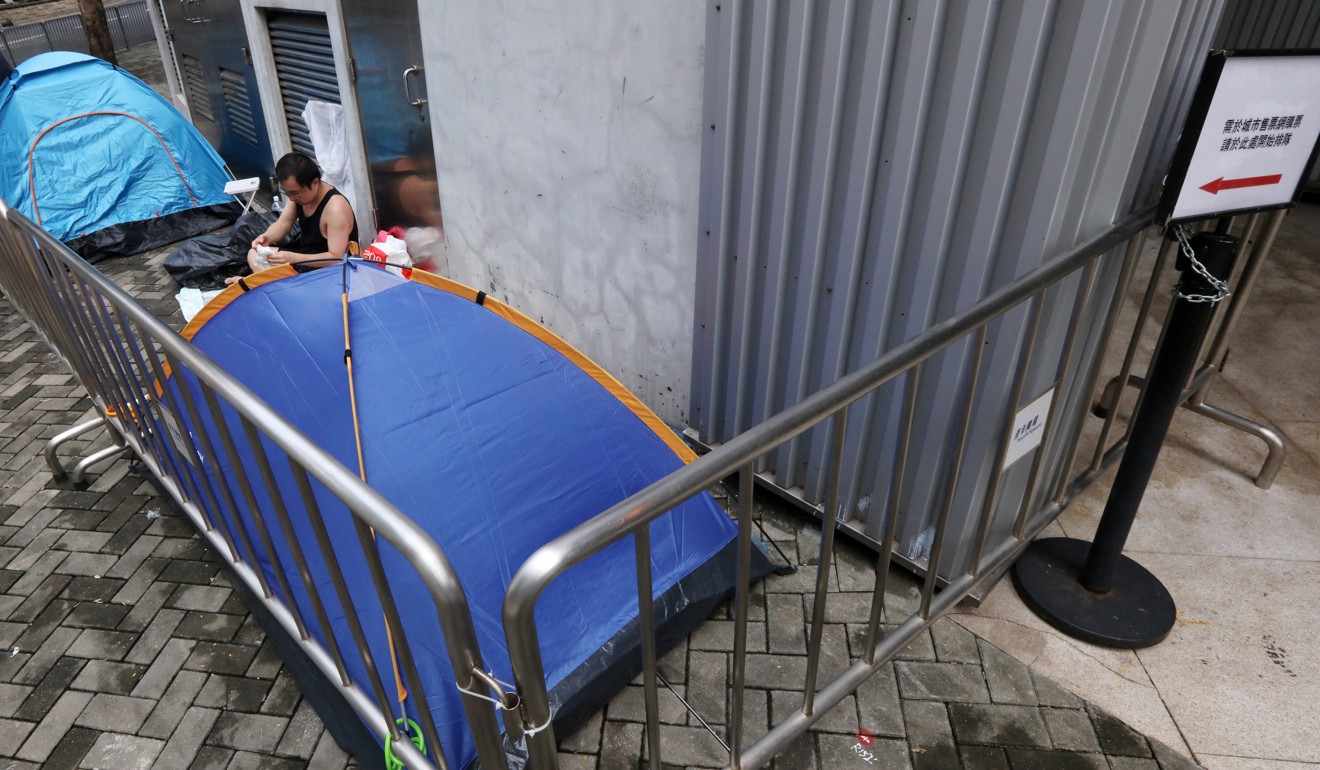
The city has a rampant problem with scalping – tickets for popular entertainment shows get snapped up and resold for 20 to 25 times the original price. Those behind it are looking to make a quick buck or have gang connections. Here’s what you need to know about the problem.

Why is there so much competition for concert tickets in Hong Kong?
In Hong Kong, only a small portion of concert tickets are for public sale, as the rest are meant for distribution to sponsors and organisers. In some cases, tickets will also be reserved for fan club members before the public can buy them, with credit card users also given priority when sales open.
However, there are different rules for show organisers that use one of the 16 performance venues managed by the government.
For Hong Kong Coliseum and the Queen Elizabeth Stadium, only up to 80 per cent of tickets can be assigned in each price category to sponsors and organisers, and the rest must be for public sale. For other venues, the figure for assigned tickets is 49 per cent.
For famous Japanese composer Joe Hisaishi’s additional concert in early May at the Hong Kong Cultural Centre, also a government-run venue, 80 per cent of tickets were available to the public.
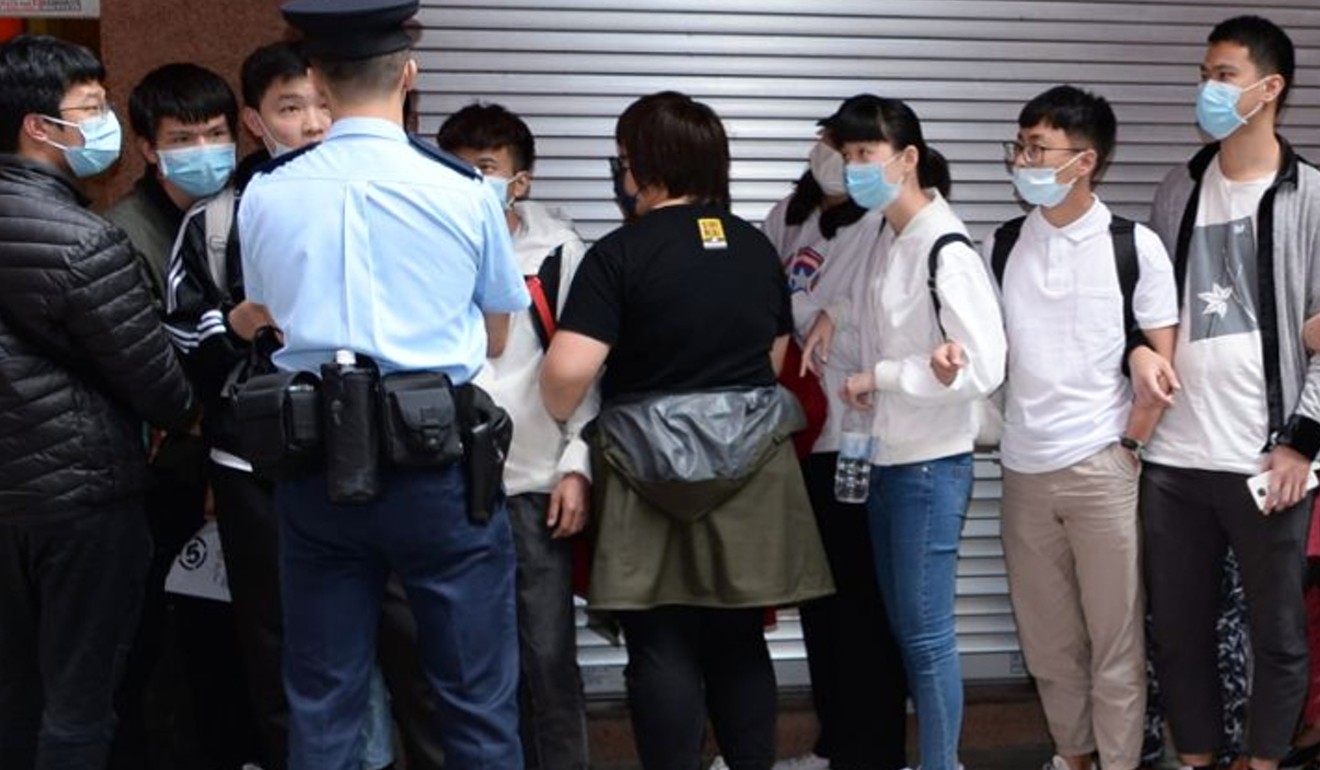
For Lau’s concerts, which will run from December 15 to January 3 at the Coliseum, about 60,000 tickets are available for public sale, across 20 concerts.
Calls for real name system for showgoers in Hong Kong so scalpers can’t profit
Apart from the ticket shortage, many mainlanders come to the city to watch performances, pushing up demand. Prices of tickets are cheaper in Hong Kong than on the mainland.
For the Life Tour concert of popular Taiwanese band Mayday, the most expensive ticket was HK$1,560 (US$200) in Shenzhen, Guangdong province. The priciest ticket for its show at Hong Kong Disneyland, just across the border, was only HK$1,180.
How do scalpers get tickets?
Some ticket scalpers queue for hours and buy tickets at counters and resell them at a higher price on websites like Viagogo, StubHub, GetMeIn and Seatwave. For Joe Hisaishi concerts, prices were jacked up by 25 times on various non-official ticket sales websites.
According to Francis Fong Po-kiu, honorary president of the Hong Kong Information Technology Federation, some people use simple computer programs – sometimes called “bots” – to purchase tickets from websites.
Fong said such programs will refresh the connection with a website for user access even when there is high traffic.
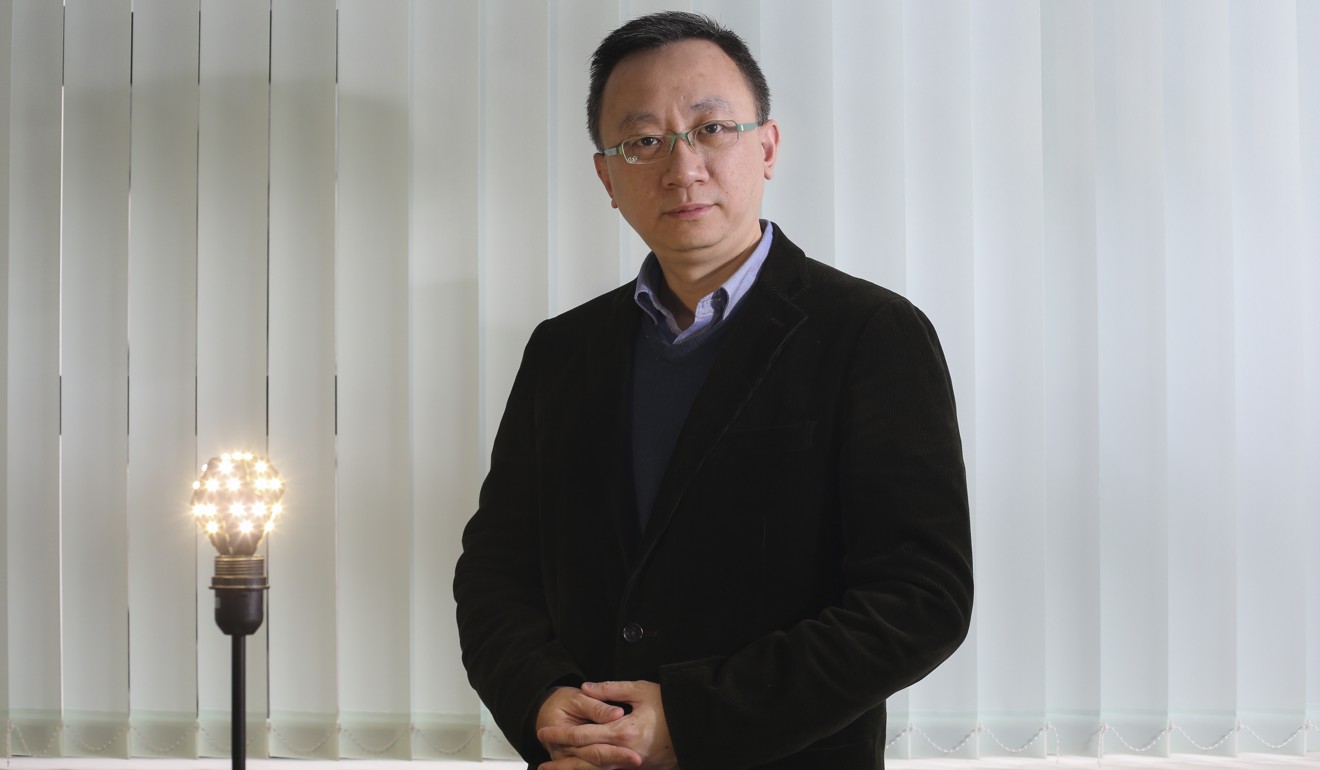
Once the user is connected, the program can fill in personal and credit card information automatically to speed up the purchasing process.
Touts snap up tickets as fans queue overnight for chance to see Dayo Wong
Fong said users of such programs could hinder the chances of ordinary customers by overcrowding online servers for ticketing platforms.
“They are now sometimes referred to as online scalpers,” Fong said.
How does Hong Kong deal with ticket scalping?
Ticket scalping is technically a crime at private venues in the city that holds entertainment licences. But the punishment is limited to a fine of just HK$2,000.
Historically, that law does not apply to the 16 venues run by the Leisure and Cultural Services Department.
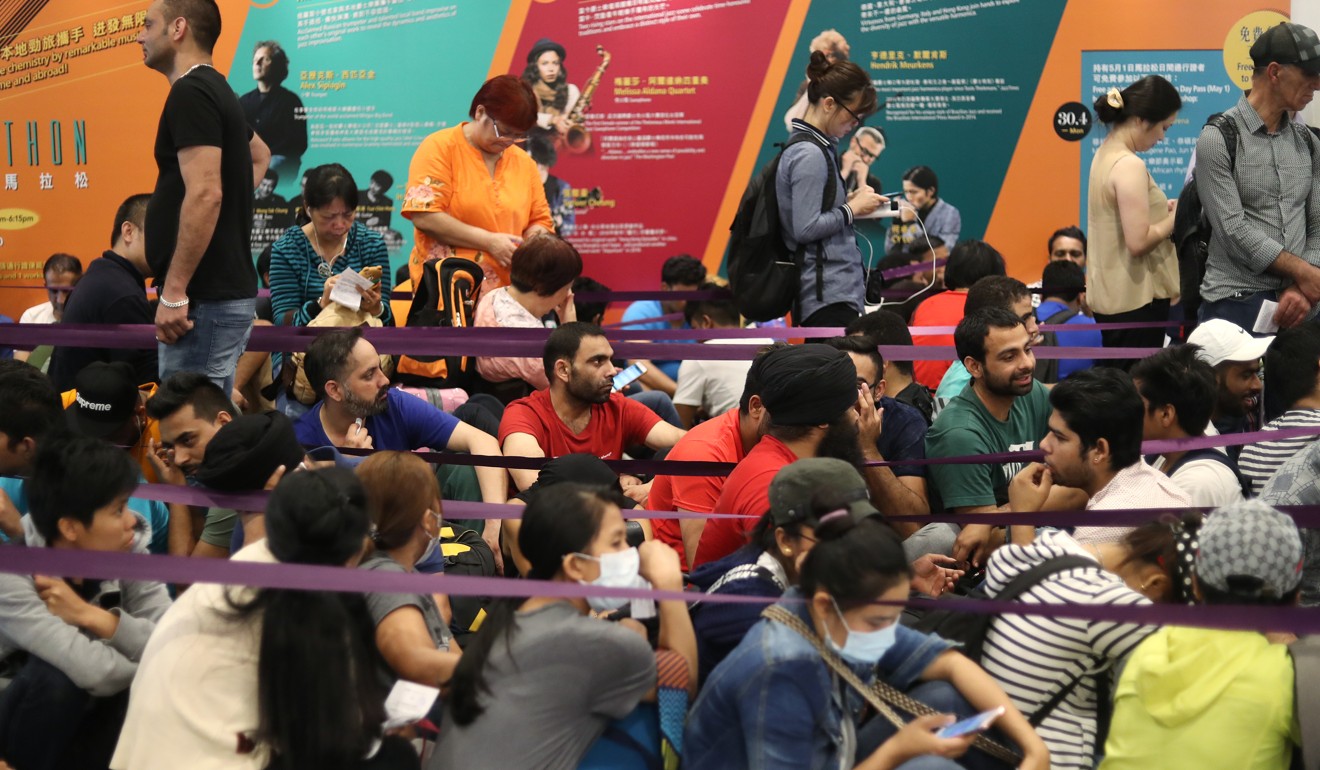
But two mainland Chinese scalpers were sentenced to two months in jail on Wednesday after they were caught selling tickets for a show by local comedian Dayo Wong Tze-wah outside the Coliseum in Hung Hom last month. They were prosecuted for breaching their conditions of stay.
What are other suggestions to fix the problem?
The department said in April it would consider lowering the proportion of tickets that can be assigned in advance, to ensure a larger supply for the public.
Politicians and scholars have called for show-goers to buy tickets using their name and then have to prove they are the real owners of the ticket at the door.
Lantau Island venue AsiaWorld-Expo introduced an electronic registration system this March, under which people are required to register online and show both tickets and ID documents when going to performances.
Ticketflap, an online ticketing platform established in Hong Kong in 2012, requires users to buy tickets with their real names.
Users are allowed to change the name on the ticket after the purchase, but the process requires authentication.
“This means that mass resale is impractical,” a company spokeswoman said.
She also said that it was a myth that an event can sell out in mere seconds.
“Even the most in-demand events in the world require 10 minutes to sell out, simply due to the process of completing a transaction,” she said.
The spokeswoman also noted that there was existing technology that could be deployed against bots.
Other suggestions include limiting tickets for each buyer and sending tickets to buyers shortly before shows, as that would hinder scalpers.


